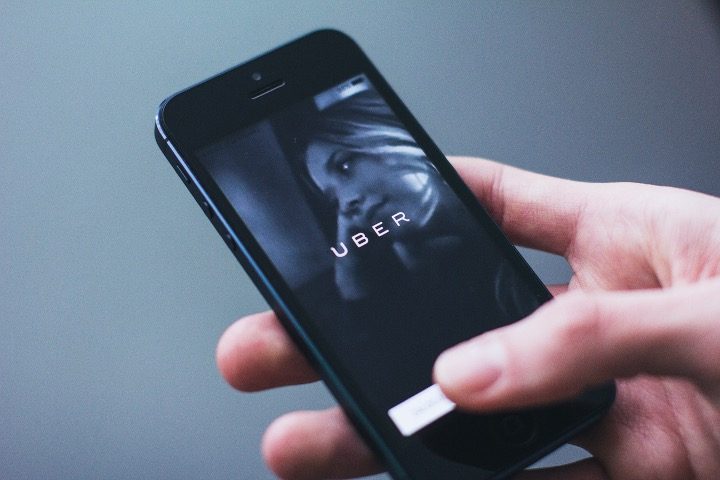
The City of Minneapolis has postponed a planned mandated pay increase for rideshare drivers after industry giants Uber and Lyft threatened to cease operations in the city. Originally scheduled to take effect of May 1, the wage increase has been delayed until July 1 to give the city more time to work out a deal with the companies.
The Minneapolis City Council passed a measure in March to raise the minimum pay of rideshare drivers in the city to a rate of either $1.40 per mile and $0.51 per minute, or $5.00 per ride, which the council hoped would ensure that rideshare drivers would receive at least the minimum wage in the city of $15.57 per hour.
The city’s mayor, Jacob Frey, vetoed the legislation, but the council voted 10-3 to override the veto. While Frey was in favor of a wage hike, he suggested it be smaller and warned that the departure of Lyft and Uber would harm the city.
Supporters of the bill claimed that the companies were “exploiting” their workforce.
“The Minneapolis City Council will not allow the East African community, or any community, to be exploited for cheap labor. The Council chooses workers over corporate greed,” said council member Jamal Osman, a co-sponsor of the legislation.
Uber and Lyft quickly announced their intention to leave the city on May 1.
“This deeply-flawed bill has been jammed through despite major concerns being raised by the community,” Lyft said in a statement in mid March. “We support a minimum earning standard for drivers, but it should be done in an honest way that keeps the service affordable for riders.”
The Lyft statement further stated that the wage increase as proposed was “unsustainable,” and also promised to cease operations in the city on May 1.
Uber suggested that Minneapolis was attempting to move the companies out of the city altogether.
“We are disappointed the Council chose to ignore the data and kick Uber out of the Twin Cities, putting 10,000 people out of work and leaving many stranded,” Josh Gold, the public affairs director of Uber-Minneapolis said in a statement. “But we know that by working together with all stakeholders — drivers, riders and state leaders — we can achieve comprehensive statewide legislation that guarantees drivers a fair minimum wage, protects their independence and keeps rideshare affordable.”
After hearing the companies’ objections and threats to leave the city, the council unanimously approved the delay.
The delay was welcomed by both companies, who believe they’ll be able to negotiate far better terms with the city. An Uber spokesman told CNN that the delay “paves the way for all stakeholders to work with [Minnesota] leaders on a statewide solution that raises pay at the state level, protects flexibility, and keeps rides affordable.”
Lyft also lauded the delay, saying it was “willing to support the Minnesota Department of Labor and Industry study’s recommended $0.89 per mile and $0.487 per minute rates, which would increase current driver earnings by 17 percent while allowing us to continue to operate within the city.”
Lyft’s and Uber’s threats to stop doing business with Minneapolis should serve as a blueprint for any company faced with unreasonable demands from left-wing governments.
For instance, should the City of Chicago’s frivolous lawsuit against BP, Chevron, ConocoPhillips, Exxon Mobil, and Shell move forward, perhaps those companies should remove their products from the city. How quickly would the city rethink its money grab against big oil if it stopped receiving their products?
Dozens of governments, large and small, have sued big oil companies for their supposed role in “climate change.” Why not give these governments exactly what they want — a life without the fossil fuels they so despise?




